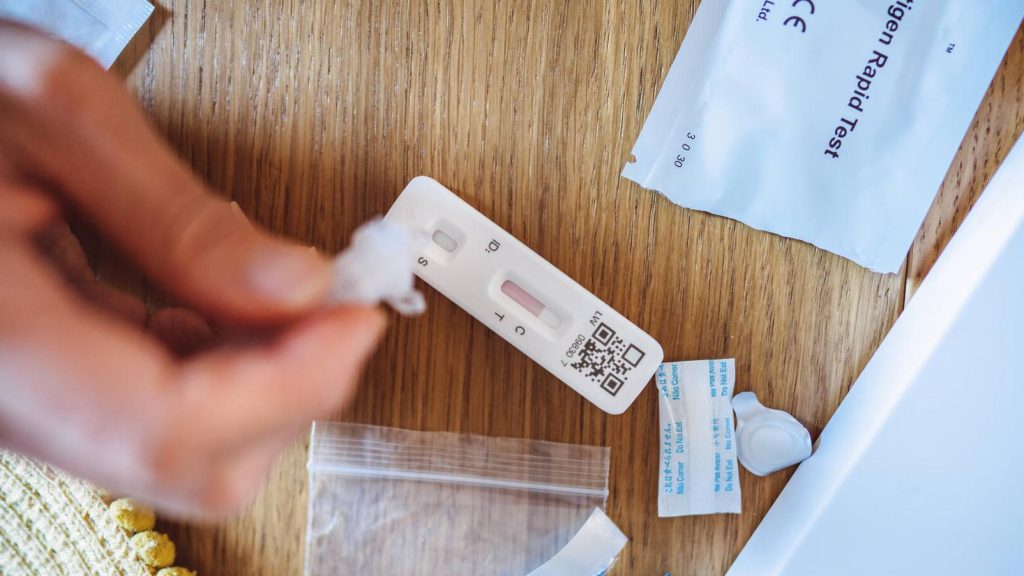
A new variant of COVID-19, known as FLiRT, is now the most dominant strain in the U.S. This variant, which evolved from the omicron strain, is characterized by changes in its spike protein — the part of the virus that binds to host cells. Dr. Matthew Binnicker, director of the Clinical Virology Laboratory at Mayo Clinic, says that these changes could increase the virus’ ability to infect cells and evade the immune system, even in people who have previously been infected or vaccinated.
“This variant can evade the immune response more effectively than prior versions of the virus. If you’ve been infected, or you’ve been vaccinated, and you’ve got some antibodies in your system, those antibodies may not recognize the protein on the surface of the virus as well,” says Dr. Binnicker.
According to the Centers for Disease Control and Prevention (CDC), this new variant is now responsible for more than 28% of COVID-19 cases in the U.S. Dr. Binnicker says there is a potential for an increase in cases during the summer months, with a more significant surge expected in the fall and winter.
“I anticipate we’ll see an uptick in cases with this more transmissible virus that can evade the immune system. But what I’m really watching are the fall and winter months because that’s typically when we see the largest surge in respiratory viral infections,” he says.
Watch: Dr. Matthew Binnicker discusses COVID-19 FLiRT strains
Journalists: Broadcast-quality sound bites are available in the downloads at the bottom of the posts. Name super/CG: Matthew Binnicker, Ph.D./Laboratory Medicine and Pathology/Mayo Clinic
For those who are vaccinated, antibodies are present to combat the virus. However, the effectiveness of these antibodies can vary with different virus variants.
“With this latest round of variants, this FLiRT variant, the antibodies that you have from past vaccination may not bind and neutralize the virus as well. If you’ve been infected or vaccinated in the past three to four months, you’re probably going to have antibodies that are going to recognize these newer viruses effectively. And it will help you keep from getting really sick and may even help prevent you from coming down with any symptoms,” says Dr. Binnicker.
“If you were infected or vaccinated more than six months ago, you may not have as good of protection, and you may come down with a subsequent infection with the typical symptoms of COVID,” he adds.
Symptoms of FLiRT
The symptoms of this variant are consistent with other variants and include:
- Sore throat
- Body aches
- Cough
- Runny nose
- Shortness of breath (especially in unvaccinated people or those infected long ago)
Receiving an updated vaccine will help protect you from the newer strain.
